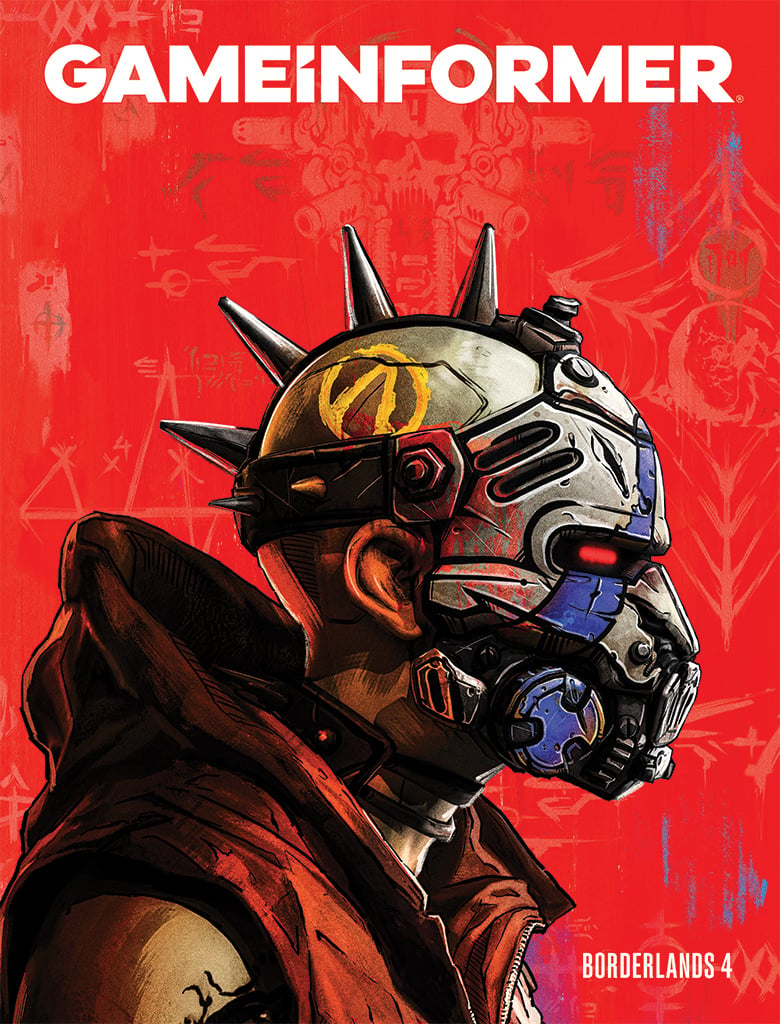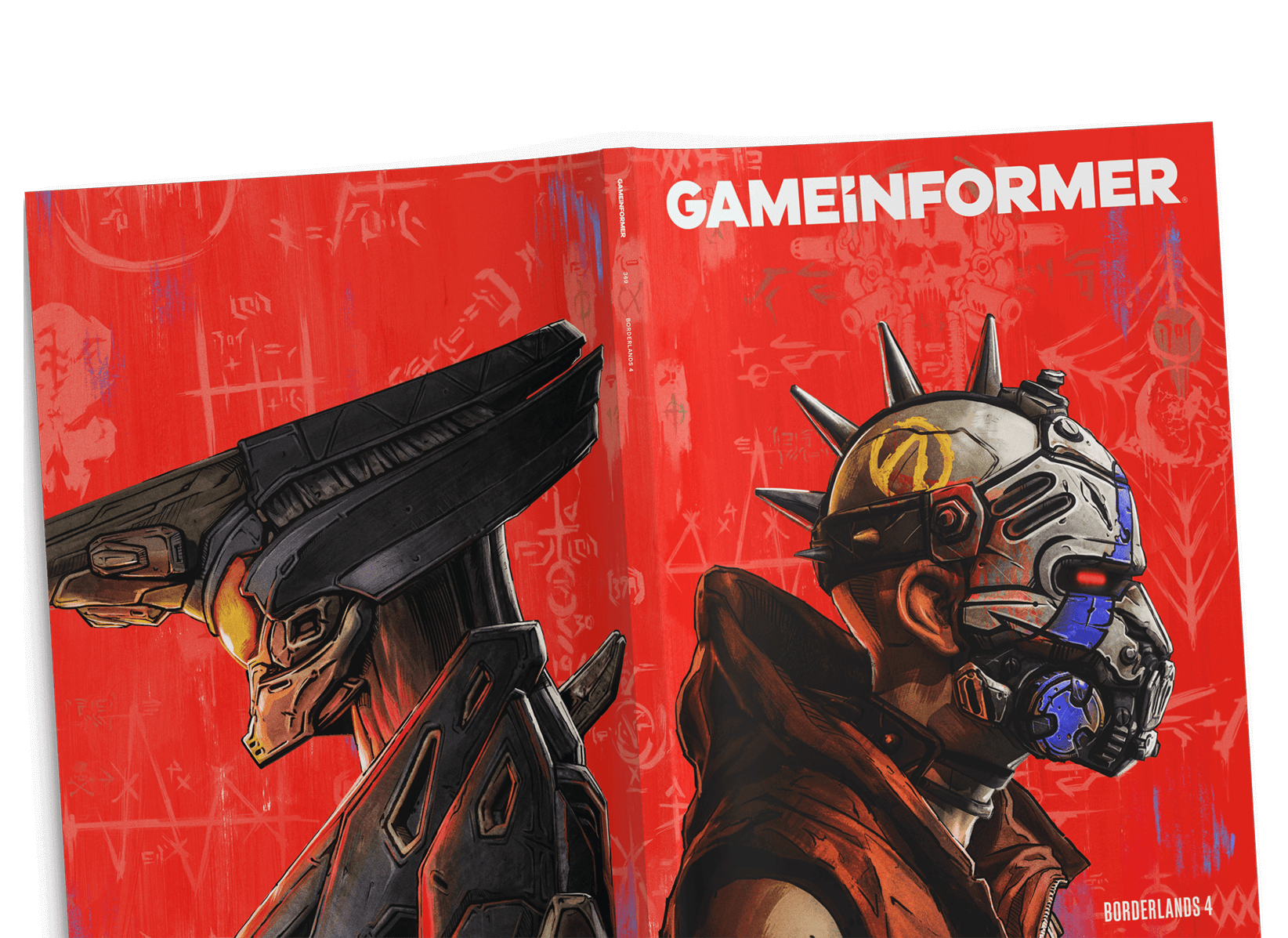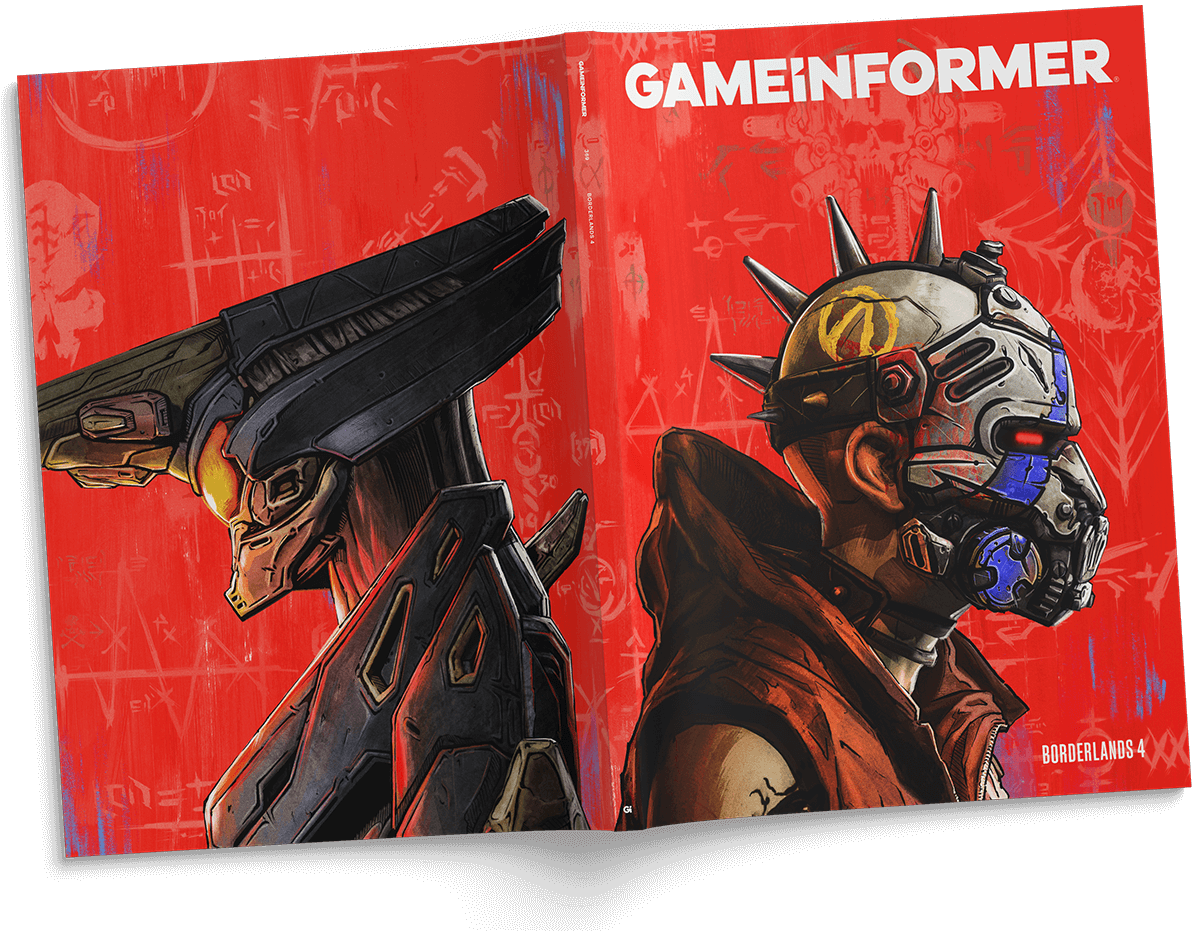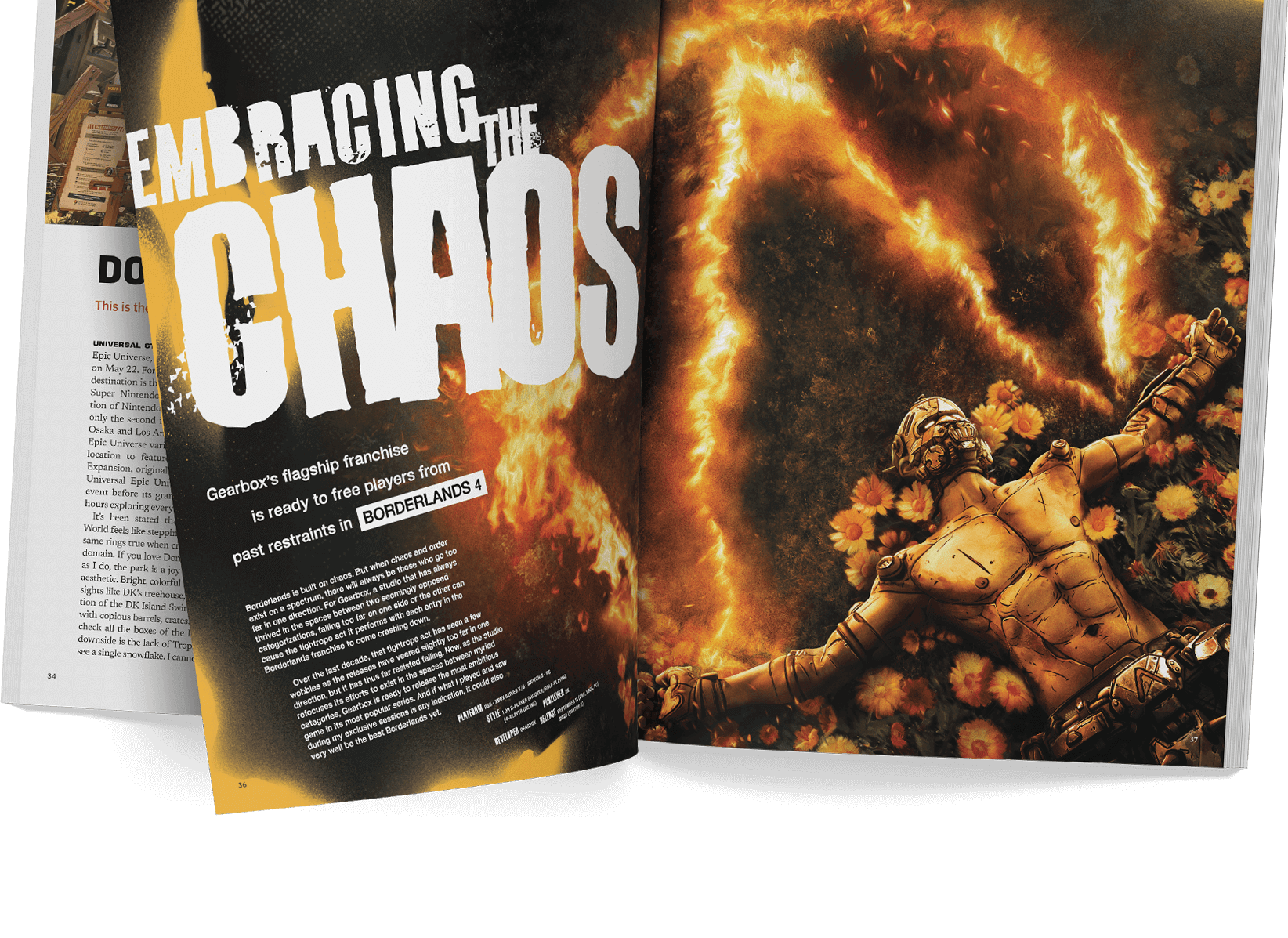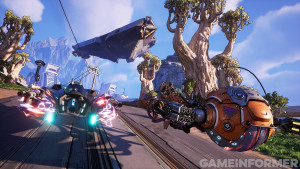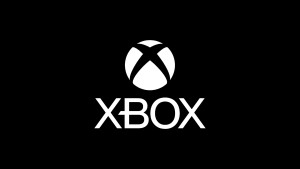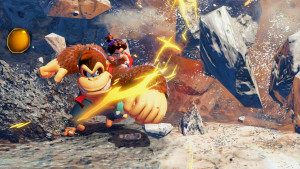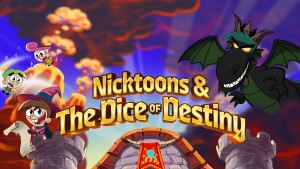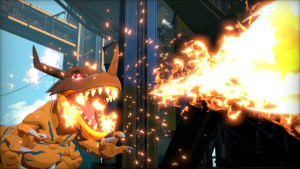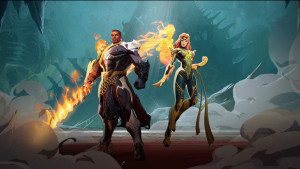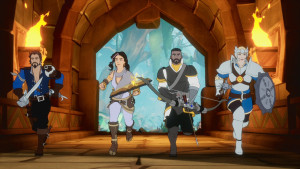Holiday Weekend Flash Sale! Subscribe Now
When Music Attacks

From Guitar Hero to Space Channel 5, music games are often about the music first. They’re fun because they allow you to interact with established music tied to static, preset gameplay. Beat Hazard takes the opposite approach; though it’s undeniably a music game, it’s about music interacting with dynamic gameplay rather than vice versa. And it’s freaking awesome.
The obvious but almost prerequisite comparison with Beat Hazard is Geometry Wars. Like that modern classic, you use the regular two-stick shooter control method: left analog stick to move, right analog stick to shoot in any direction you point, and the bumper button sets off bombs. And like Geometry Wars, Beat Hazard features some simple but impressive visuals that will stun you just as much as they’ll occasionally obstruct your view. Some gamers might be annoyed by the colorful mess left behind by blown-up enemies and asteroids, but navigating it is all a part of the challenge.
Where does the music come in? In addition to a small selection of tracks that come with the game, you can pull in any audio track you have on your computer. Along with changing the background visualizer, the music you choose will affect when new enemies spawn in the world and even how powerful your weapons are. At a moment in the song where the music drops out entirely, your powerful beam of destruction might temporarily be replaced with the spaceship equivalent of a pea-shooter. When the noise comes crashing in again, you’ll be fully powered up and able to wreak havoc on your opponents.

As you destroy enemies or pull off impressive feats such as surviving for a set amount of time without dying or not shooting for a stretch, you’ll be able to increase your multiplier and see your score rocket into the millions. Blown-up enemies also drop two different power-ups: Power, which causes your bullets to spread out over a wider range, and Volume, which increases the song volume and, as such, the destructive potency of your weapons. You might be tempted to stick to songs that are consistently loud, and certainly this will make the game easier, but the loud/powerful, quiet/weak dynamic makes it more fun to find songs that leap back and forth between those two extremes, temporarily forcing you to survive by the skin of your teeth while you wait for a boost in power.
You can play songs individually or try to survive a whole album full of tracks with limited lives in Survival mode. Whichever game type you choose, your score is tallied at the end and added to an overarching ranking structure that adds a devious level of addictiveness to Beat Hazard. Each rank-up gives you a new bonus, such as more bombs or lives to start the level, or losing less power and volume when you die. These ranks add longevity and a goal to the game -- you need to hit rank 50 just to unlock the highest difficulty setting, where the game gets even better, and this will take most players at least five hours.
Assuming you’ve got a compelling enough discography on your computer, though, the game should stay fresh for that five hours and well beyond. I still love games like Rock Band and DJ Hero and how they teach me to have appreciation for music in a new way, but Beat Hazard offers up something totally different and unique: the ability to take the music I already love and have it influence a game that I’m having a blast with. It’s going to be hard to go back to pressing buttons on a track.
Though I wholeheartedly recommend Beat Hazard to any music enthusiasts who are also fans of Geometry Wars-style dual-stick shooters -- I'd easily give it a 9 if I were doing a proper review -- there are a couple of caveats. In addition to the downloadable PC version, Beat Hazard is available on Xbox Live Indie Games, but the PC version is recommended simply for ease of accessing your music collection. Likewise, though, if at all possible, you should stick to an Xbox 360 or similar dual analog gamepad rather than the mouse/keyboard setup that’s also available for the PC version. And be warned if your music collection mostly comes from iTunes: Beat Hazard supports several song formats, including MP3s, but the .M4A files you get from iTunes do not work at this time.
